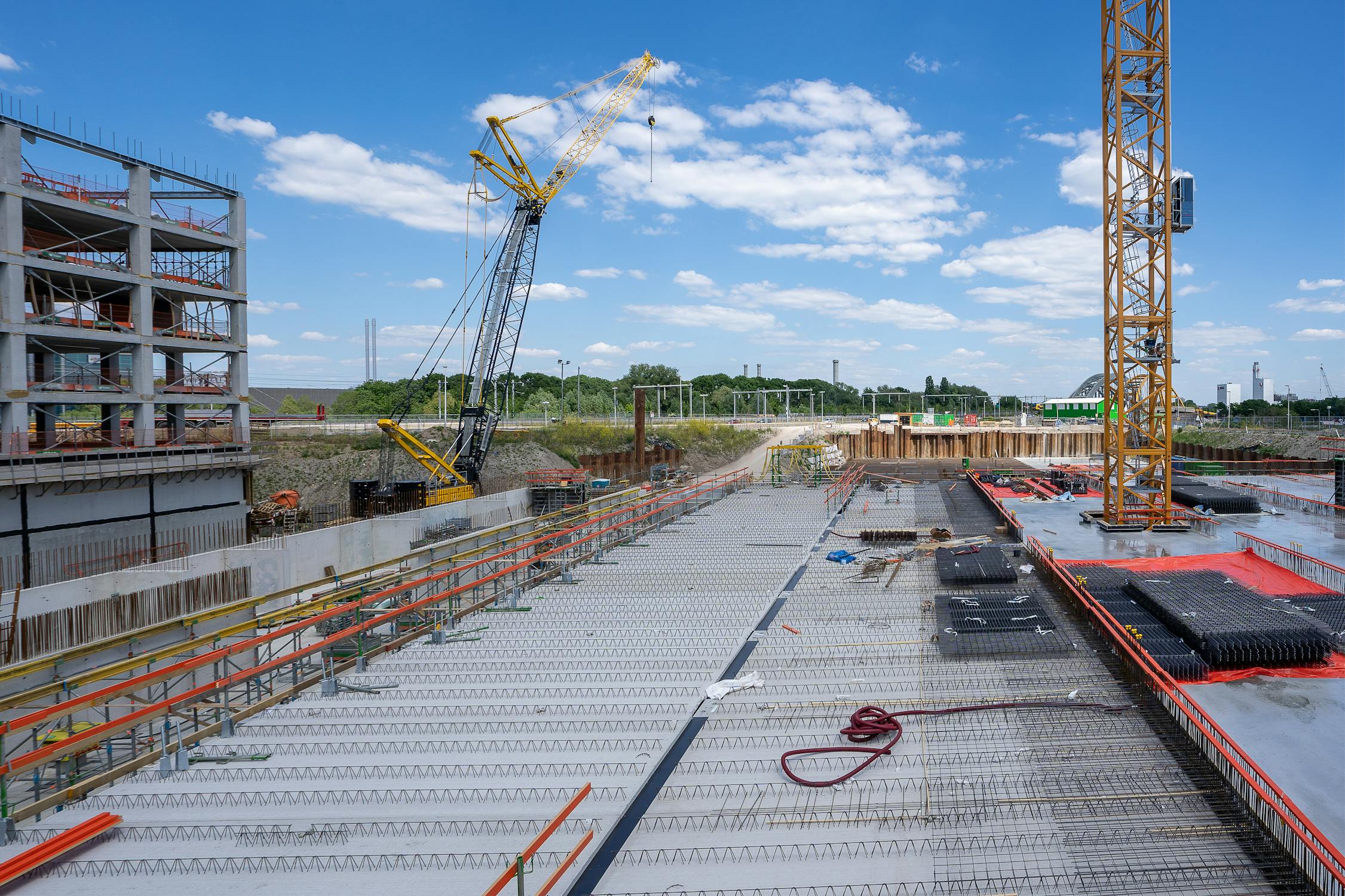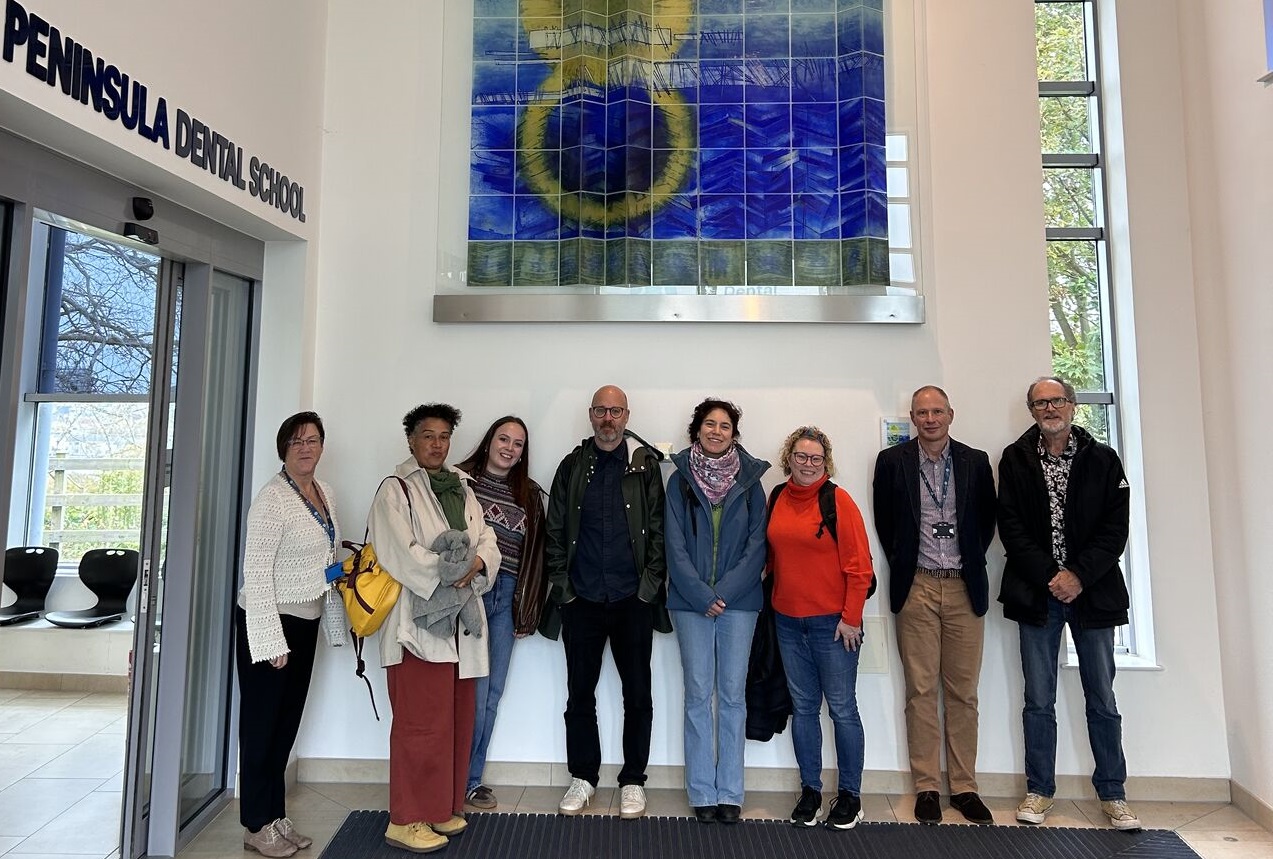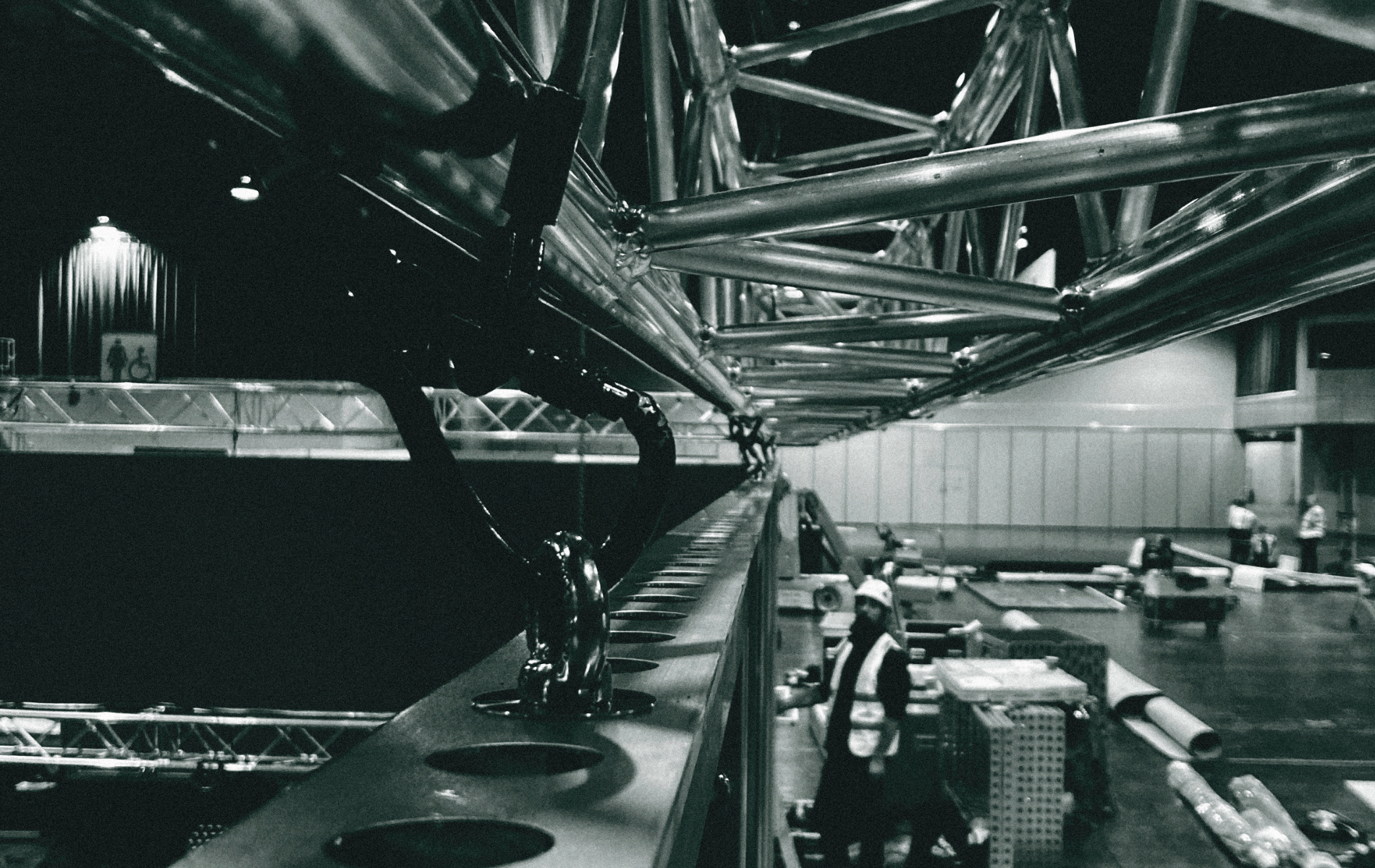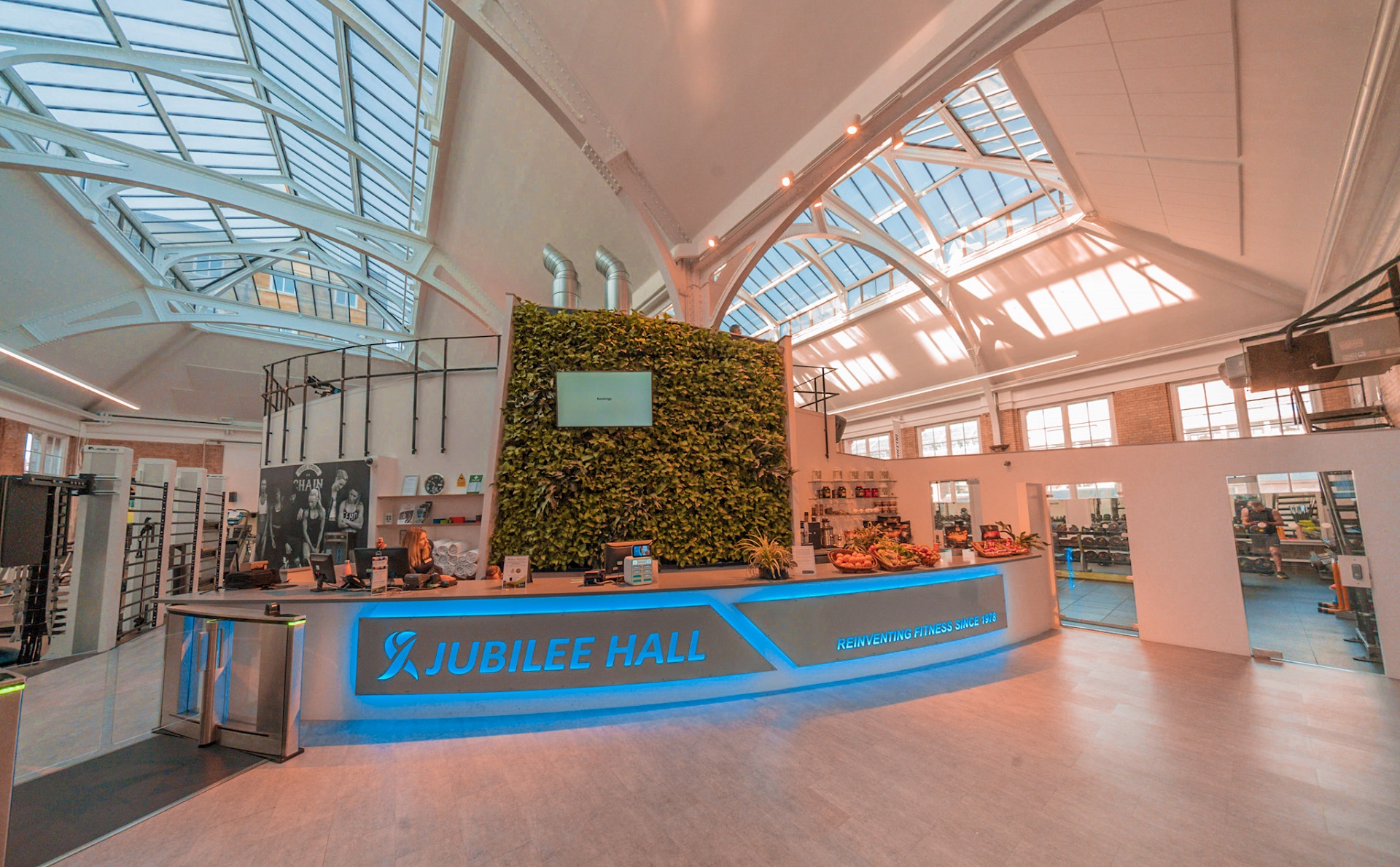News and views
Purpose-driven delivery in major projects

Sarah Rial is the social outcomes lead at our Social Value 2032 programme partner Jacobs, and the lead author on a new report exploring how social value techniques can improve major project delivery.
Infrastructure is the backbone of every country – providing connectivity, shaping places, and delivering vital services to citizens. At its core, infrastructure delivers undeniable value to society. However, budgetary constraints, competing political agendas and conflicting local and national priorities can often result in society feeling overlooked in the decision-making and delivery processes of major infrastructure projects.
Speaking with professionals who work across major project delivery in a variety of roles, our research has revealed that projects often feel “inflicted” on communities, rather than being integrated into their regional and national ecosystems. This is leading to the rise of so-called “NIMBYism” (Not in My Back Yard) and criticism regarding the rising cost of major infrastructure programmes, hindering growth and equitable access to quality infrastructure in the UK.
There remains an inherent tension in major infrastructure delivery. While projects aim to serve the needs of the nation, in doing so they often have profound impacts on local communities. While in some instances the national interest must be served and the price of the few may be deemed something we must bear; without a clearly articulated rationale for this decision and without carefully selected options and mitigation strategies; this adverse impact on the few can be detrimental to the project, with costs soaring and reputations irreparably damaged.
So how do we overcome these challenges to unlock significant economic, environmental and social benefits and ensure these benefits are equitably distributed across society? The answer is simple: we must place people at the heart of infrastructure delivery and bring everyone on the journey with us, united by a common purpose. Infrastructure investments are often driven by societal needs.
By conveying a cohesive purpose, companies can drive collective action to respond to customer and societal needs. It can support attraction and retention of high-quality talent and enhance customer loyalty. Purpose-driven companies often demonstrate better long-term performance as their sustainable practices can lead to more stable and predictable returns. As environmental, social and governance (ESG) factors become increasingly pivotal in investment decisions, purpose-driven companies can excel in ESG criteria, thereby attracting private investment.
Major infrastructure delivery can benefit greatly from this approach. “Purpose-driven delivery” involves understanding the society our project serves, effectively communicating their value to stakeholders and actively listening while empathising and responding to the communities affected throughout the delivery process. Like purpose-driven organisations, this approach enhances project delivery, aids in making sound investment decisions and mitigates critical risks during execution.
This concept isn’t new. The techniques and case studies are derived from established industry practices, tested on major projects in the UK. These methods are employed daily by social value and sustainability practitioners, yet many still limit “social value” to a mere question in public sector procurement. We recognise the potential of social value in achieving improved outcomes on major projects; it helps projects develop a clear “purpose” that resonates with communities, funders, staff and suppliers, uniting them behind a common mission and creating a cohesive approach that permeates every stage of the project lifecycle.
Our research has confirmed that social value has been crucial in delivering project outcomes far beyond procurement. It has helped reduce risks, attract financing, foster a united culture and maximise the value delivered for every pound spent. This new publication serves as guidance, offering inspiration and lessons learned from over 40 organisations, demonstrating how social value techniques can benefit both society and projects.
We aim to equip leaders, designers, commercial experts and all teams working on major projects with the tools and methodologies to adopt a “purpose-driven” approach to delivery across every project lifecycle stage. By doing so, projects will remain focused on the people they serve, creating a tangible golden thread that runs through every facet of the project and fostering a culture that prioritises doing things right for the benefit of all.
This update is part of a series exploring the opportunities for social value to expand across public sector procurement and influence the spending of the UK’s largest companies. Find out more about the Social Value 2032 programme here.



